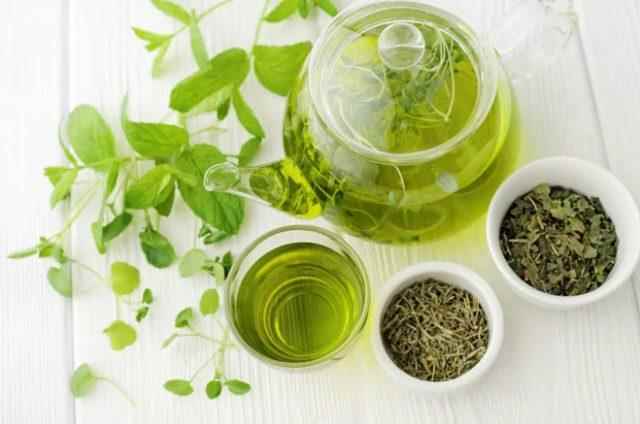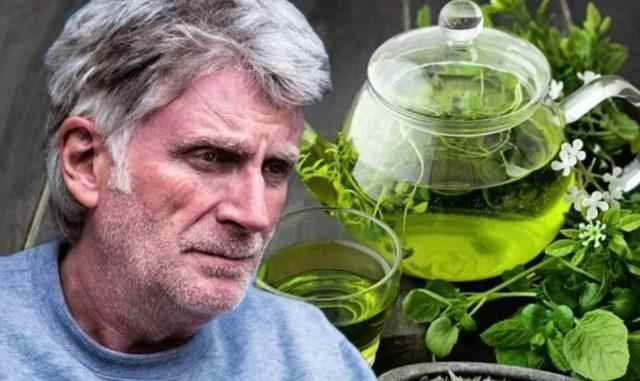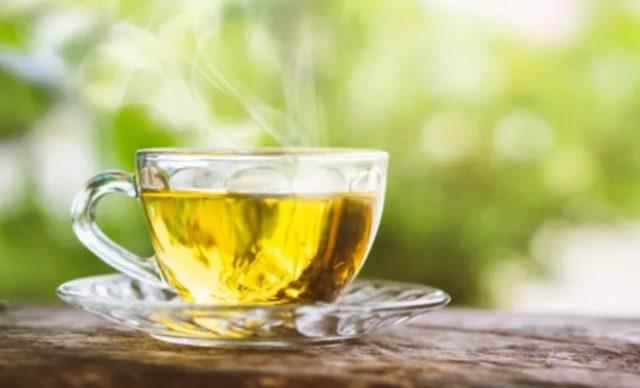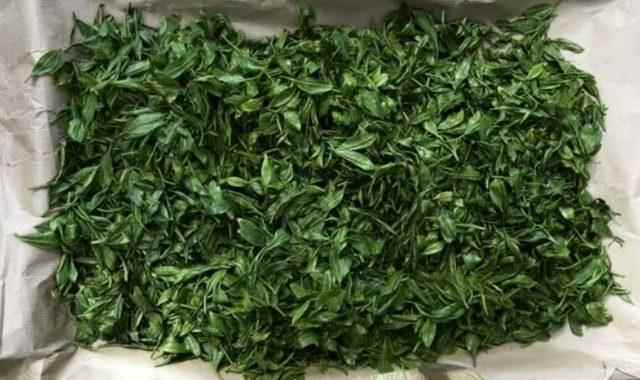Centuries of research on longevity have yielded different results. It has been seen that long life is associated with a natural and healthy diet, avoiding sedentary life and being in more positive life energy. Our diet is one of the most important factors affecting our health. Recent research has shown that green tea plays a major role in longevity and death from certain diseases.
REDUCES THE RISK OF DEATH BY PREVENTING CELL DAMAGE
Tea has caught the world’s attention for its beneficial effects on health, such as reducing inflammation and helping to fight cancer. It has also been associated with the expression of FOXO3A, which has been called the “longevity gene” because it is more prominent in the face years. Researchers have found that by preventing cell damage, green tea consumption can reduce the risk of death by up to 82% for some people. FOXO3 is a key player in the control of skeletal muscle proteins and is a critical regulator of protein synthesis and degradation in muscle.
CONNECTION IS SUPPORTED WITH VARIOUS WORKS

It is believed to have a strong influence on aging and age-related phenotypes, as it modulates the stress response, which affects lifespan. Science Direct explains: “A significant association has been demonstrated between longevity and several variations of the FOXO3 gene.” This observation is supported by several studies investigating the association between green tea consumption and all-cause mortality among older people.
THE RISK OF DEATH IS LESS FOR THOSE WHO HAVE THE HABITS OF DRINKING GREEN TEA

As a whole, these large cohort studies and meta-analyses have yielded varying results. One thing they have in common, however, is that they all found significant reductions in all-cause mortality among green tea habituated users. More specifically, one of the studies published in JAMA in 2006 showed that individuals who consumed the largest amount of green tea had their cardiovascular risk reduced by up to 82 percent.
THE CATHECH IN ITS CONTENT MAKES IT USEFUL
The findings showed that those who drank at least five cups of green tea a day were 76 percent less likely to die than those who did not. In some cases, the risk of cardiovascular death for women was found to be reduced by 82 percent. This reduction in disease risk is largely due to the high catechin content of green tea, the most abundant of which is epigallocatechin gallate (EGCG).

In 2007, the American Association for Cancer Research declared, “Green tea is rich in polyphenols, which have powerful antioxidant properties.” “The most abundant polyphenol in green tea is EGCG.” A meta-analysis published by the health agency highlights that many studies have found a link between EGCG and a reduced incidence of cancer.
REDUCES TUMORS

The authors explained: “We observed a significant increase in mean delay for first tumor, approximately 70 percent reduction in tumor burden, and 87 percent reduction in the number of invasive tumors per tumor-bearing animals, in drinking green tea in groups of mice. Other animal cancers, including prostate, skin, and lung. similar protection was seen in the models. This evidence indicates that FOXO3A can both act as a tumor suppressor in cancer and reduce the risk of all-cause mortality.
FOOD CONTAINING CAROTENOIDS CAN ACTIVATE THE LONG LIFE GENE
Doctor Bradley Willcox, principal investigator of the National Aging Fund Kuakini Hawaii Lifespan Study Institute, had previously listed several foods that may help activate the longevity gene. According to the expert, these may include sea-based carotenoid-rich foods such as sweet potatoes, turmeric and seaweed.

BENEFITS OF GREEN TEA
- It is good for cancer, especially helps in the regression of leukemia.
- It removes inflammation and edema from the body.
- It strengthens the immune system.
- It gives energy and vitality to the person.
- It also has a calming effect, it is good for depression and stress.
- It prevents tooth decay and prevents bad breath.
- It regulates the glucose level by reducing the increase in blood sugar.
- It lowers bad cholesterol and protects heart health.
- It strengthens the memory, is said to be a cure for Alzheimer’s.
- It has an anti-aging effect by removing wrinkles on the skin.
